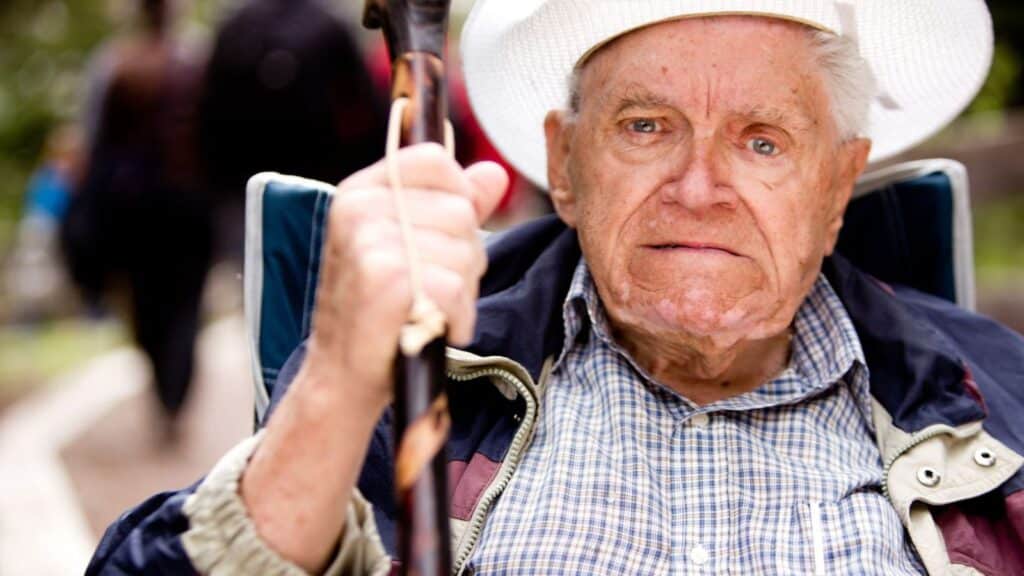In all honesty, growing older is hard. There are so many challenges that lots of people don’t talk about or even want to admit. But not us! Today, we’re going to look at 25 of the hardest parts of getting older that most people tend to ignore. You might be surprised to find out what it actually means to get older!
Preparing for Retirement
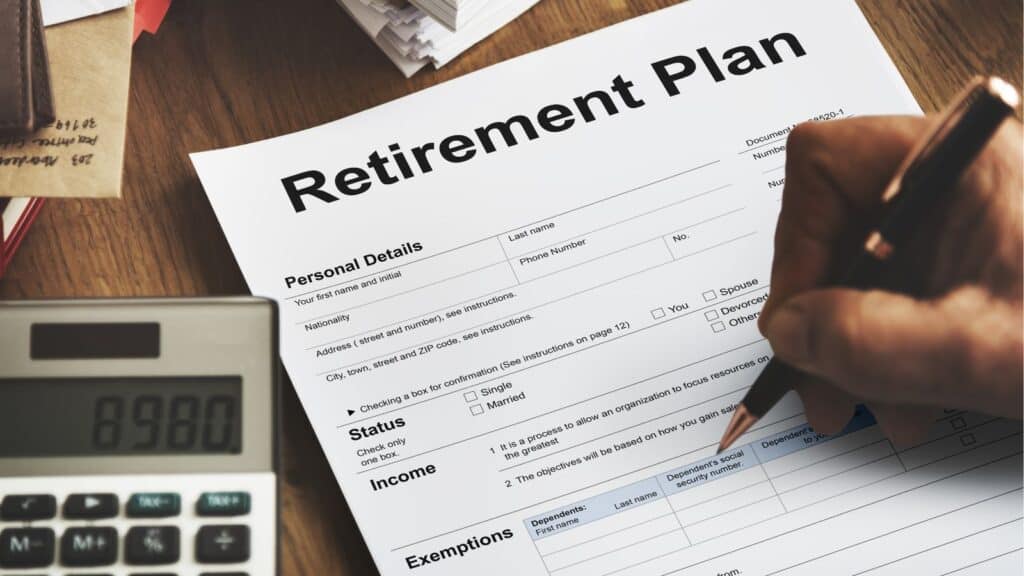
Yes, retiring means you get to leave your job, but it also means getting ready for a completely new stage of life, where you’ve got to find new ways to fill your days. Suddenly, you’re not waking up to a set schedule, and there’s no office banter to look forward to. This shift will throw you for a loop and leave you questioning who you are without your career.
Finding a Purpose
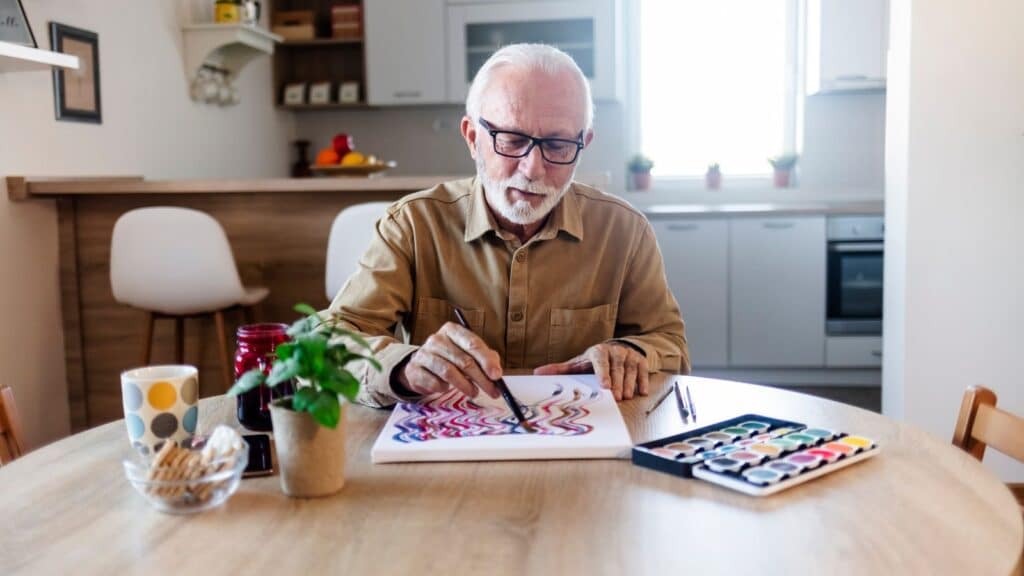
Figuring out what gets you out of bed in the morning is pretty important. After all, studies show it can actually help you live longer! It doesn’t matter if you’re lending a hand at the local food bank or doing those hobbies you’ve always wanted to do. Either way, you want to make yourself feel like you’re part of something bigger, and this sense of belonging will keep you going.
Dealing With Health Insurance

As you age, understanding health insurance becomes even more difficult. Medicare sounds simple enough until you have to look at the details of Parts A, B, C, and D. And let’s not forget the supplemental plans and what they cover! It’s a lot to deal with, especially when you’re trying to figure out which plan covers your needs without breaking the bank.
Shrinking Social Circles
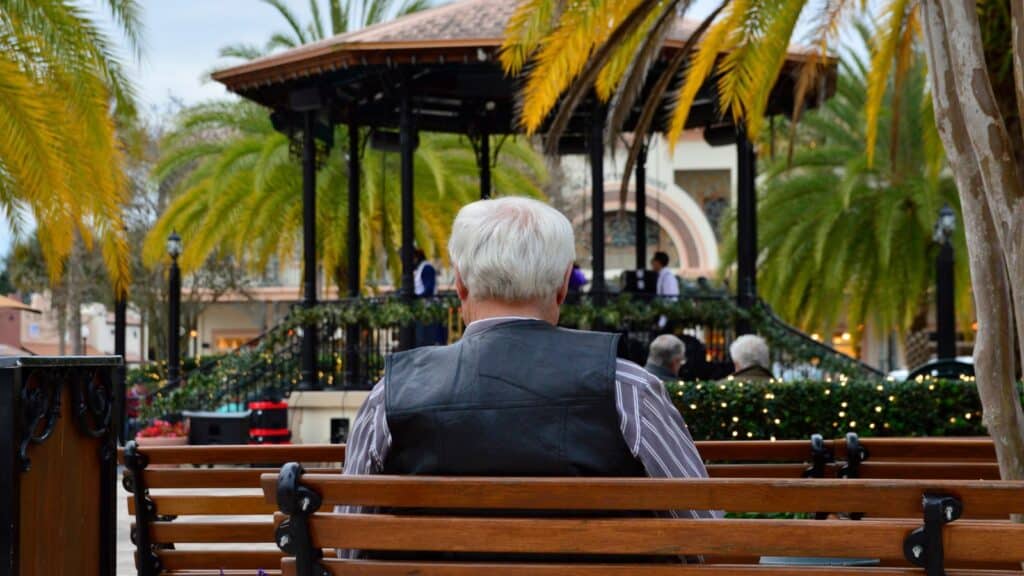
Watching your social circle get smaller as you get older is hard. People you’ve known for decades might suddenly move away to family or pass on, which hits hard! You’ll end up feeling cut off and a little adrift. To fight this, you’ve got to put in more effort to stay social and make new friends.
Loss of Independence

Then there’s the kicker of losing your independence. Once upon a time, running errands or fixing something around the house was easy. But now? You’ll find yourself needing help. It’s frustrating and can make you feel like you’re losing a bit of who you are because nobody likes having to depend on other people.
Financial Insecurities

Sure, everyone worries about money, but when you get older, this becomes a completely different beast. Even if you’ve got a lot in the bank, the cost of living and email bills can eat through your savings faster than you might think. You could end up running out of money and unable to afford the help you need.
Understanding Technology
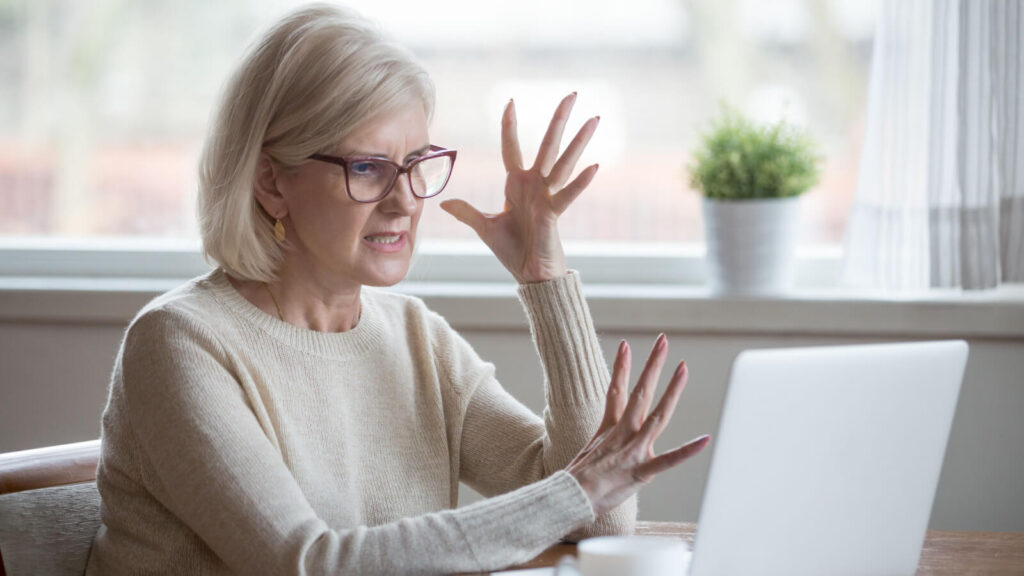
Every time you turn around, there’s a new gadget or app that everyone says you’ve just got to have. Keeping up with technology can be overwhelming. It’s particularly hard when it’s not intuitive, and you feel left out. With every year that passes, you might find yourself feeling sidelined in our digital world.
The Risk of Elder Abuse

One of the darker things to think about is elder abuse. It’s not something we want to think about, but it’s sadly a very real danger. It can come from strangers or even people you know or trust. According to some studies, it’s hard to spot and even more difficult to admit that it’s happening. Knowing who to turn to and how to protect yourself is the most important thing of all.
Staying Safe and Secure
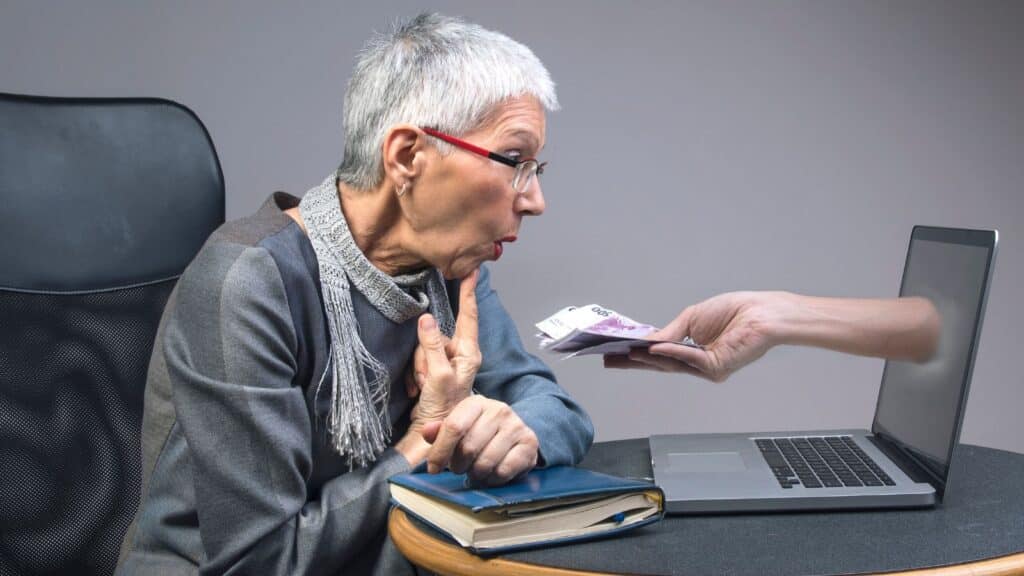
It’s also important to remember that data shows that older people are at a higher risk for scams and other crimes. This is mostly because they may not be as connected to their communities or able to defend themselves physically. There are plenty of community resources out there to keep you safe, so make sure you stay in touch!
Physical Changes
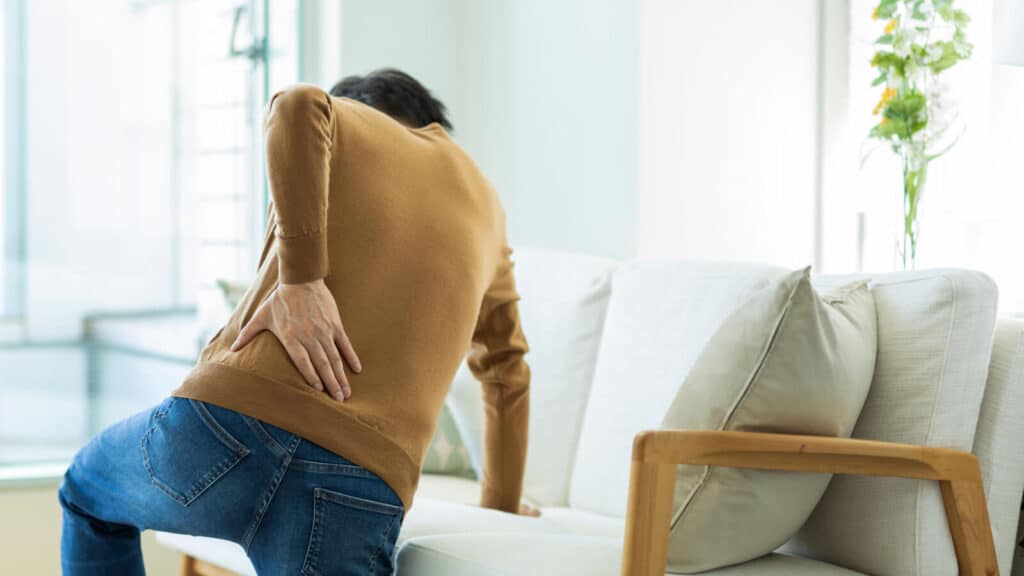
Getting older means your body doesn’t always keep up with your spirit. You might be ready to go on an adventure, but your knees or back might have other ideas! Seeing these physical changes can mess with your head, especially if you’re used to being active and independent. The best advice is to adjust your expectations and find new ways to do what you love.
Memory Decline

Forgetting things here and there is one thing. After all, we all forget our keys! But when it starts to happen more often, and you forget how to do things you’ve done a million times, it gets worrying. According to WHO, over 55 million people suffer from dementia worldwide, so it’s a serious problem.
Chronic Health Conditions

Speaking of health, dealing with chronic conditions becomes a much bigger part of life when you get older. It could be arthritis making it harder to open jars, or perhaps it’s diabetes that means you’ve got to keep a constant eye on things. Either way, you’ve got to have regular doctor visits and keep track of your medication to make changes you might not be excited about.
Digestion Changes

Your digestive system will start acting up, and foods you’ve always enjoyed will suddenly stop agreeing with you. This may mean you have to change your diet or at least deal with feeling uncomfortable after meals. Your body is changing! This means you’ve got to be more careful about what you eat.
Changes in Sleep
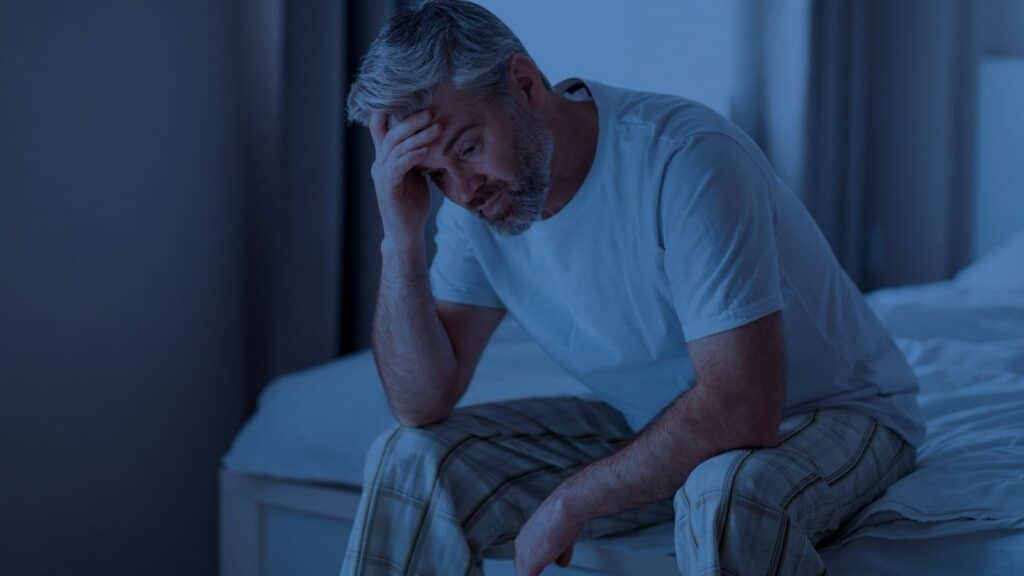
As you get older, you’ll soon find that sleep doesn’t come as easily as it used to. You might be tired but lie awake for hours or find yourself waking up at 4 AM wide awake. This can throw off your whole day and make everything else harder to deal with. All those tips for better sleep don’t make a difference when you’re staring at the ceiling in the middle of the night!
Less Mobility
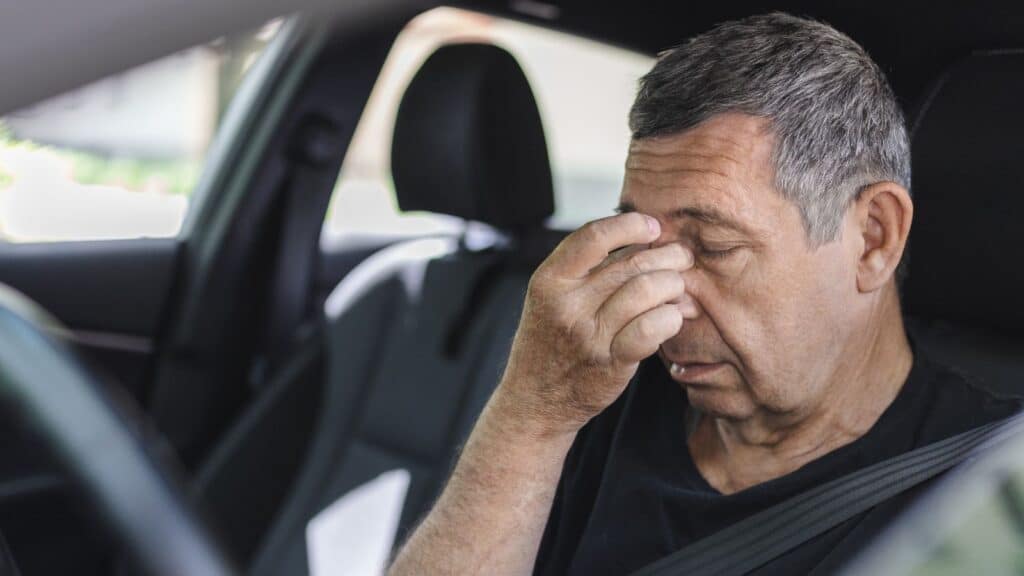
More birthdays mean getting around gets harder, which can lead to you not traveling as much. Even getting out to see friends can quickly become a chore! It’s important to find new ways to stay active and connected, which, yes, requires more effort, but it can seriously help keep your spirits up.
Living With Grief
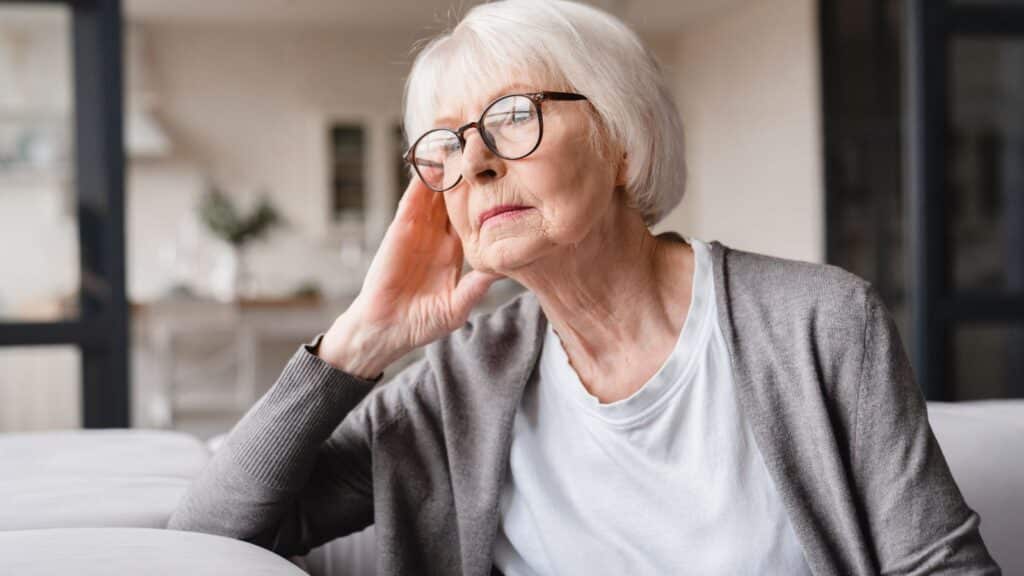
Grief becomes a more frequent visitor as you get older as you lose people you love and share your life with. It leaves a void that’s hard to fill, which reminds you of your own mortality and the preciousness of time. Sure, you can find ways to cope and remember your loved ones, but it doesn’t make the loss any less painful.
Facing Discrimination

Something a lot of people don’t talk about is darling with ageism. It can happen anywhere, whether it’s looking for a job or in social settings. You might get passed over or underestimated because of your age, which will quickly take a toll on your self-esteem. Fighting against these stereotypes is both exhausting and necessary.
Challenges for Older LGBTQ+ Adults
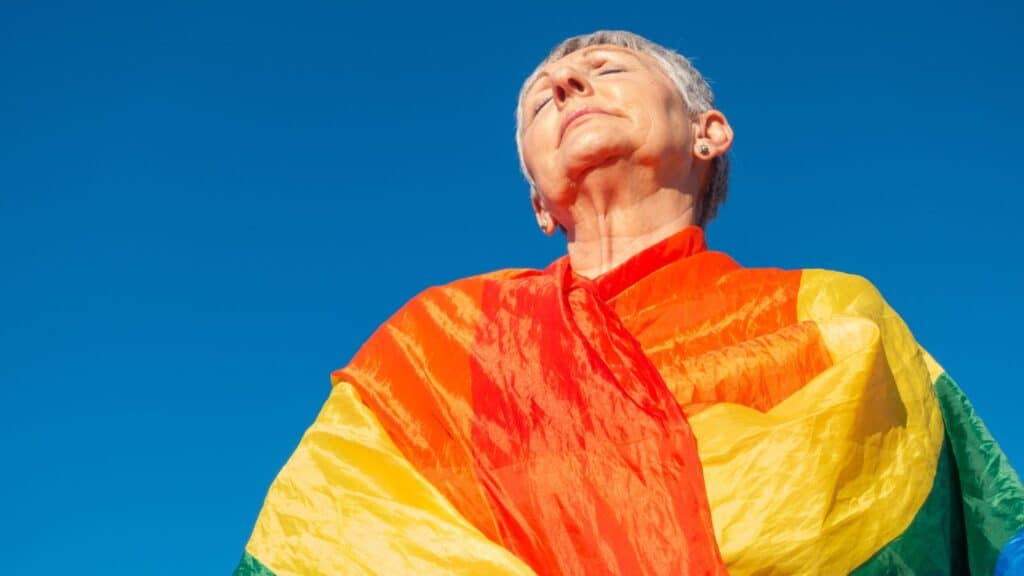
Older LGBTQ+ adults may also face specific challenges in both giving and receiving care. Studies show that around 1 in 5 LGBTQ+ people take on caregiver roles, which continues as they get older. They are more likely to live alone, which can make feelings of discrimination or isolation even worse.
Learning New Roles

Suddenly, becoming a caregiver or a grandparent can shake things up in a big way. You’ve got all these people relying on you, and you’ve got to figure out how to support them while taking care of your own stuff. It’s definitely rewarding, but it’s also a challenge to keep everything balanced.
Housing Changes
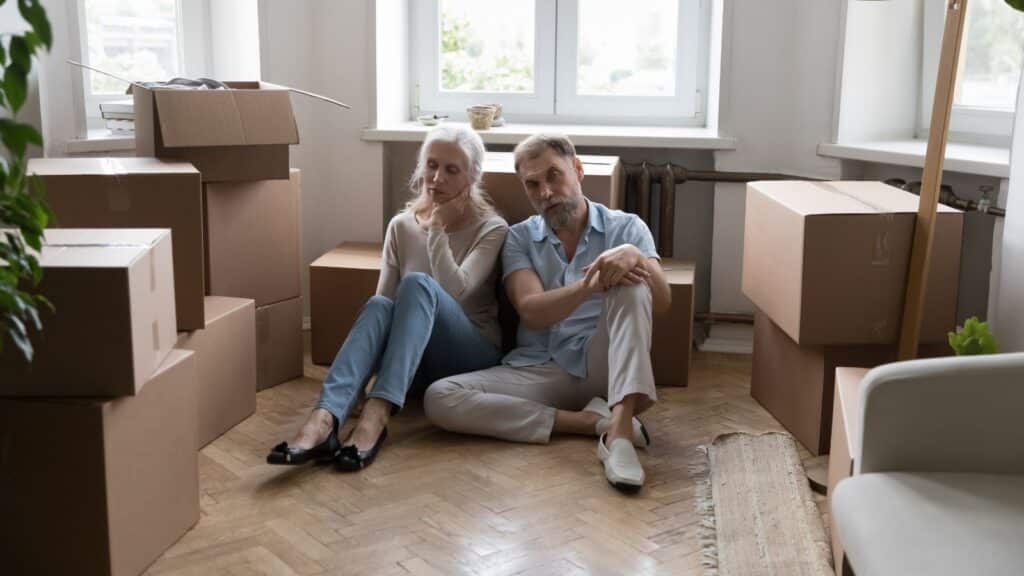
Making the call to switch up your living situation as you get older is no small decision. You end up saying goodbye to a home where you’ve made a ton of memories. But then, there’s also the flipside, where you’re setting up a new place that’s easier to get around in or puts you closer to family. You’ve got to make the best choice for your comfort and safety.
Planning for the Future
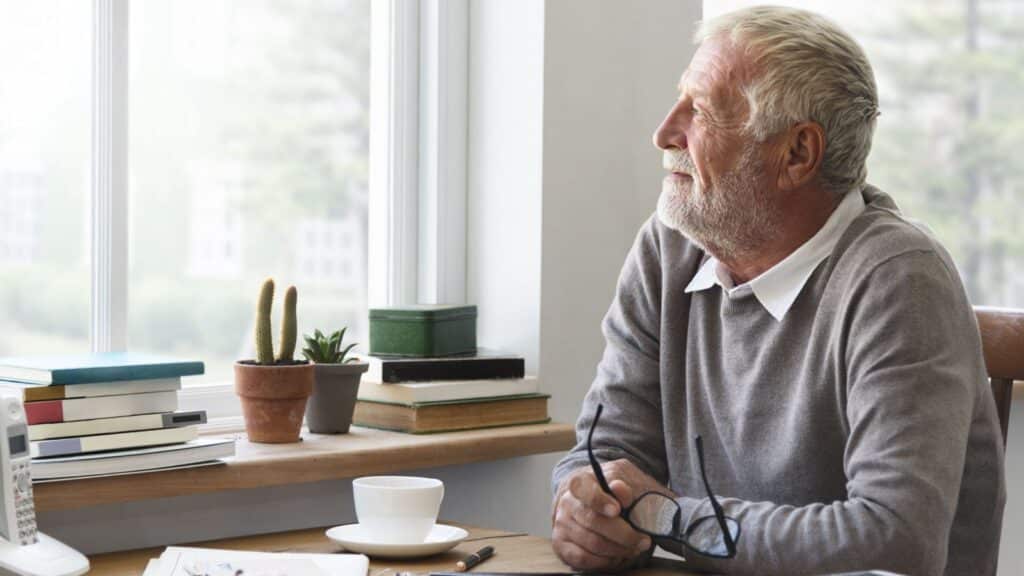
Getting all your ducks in a row for what comes down the road isn’t the most exciting task on your to-do list, and it’s definitely a reality check. After all, you’ve got to talk about what you want to happen when you’re not around or if you can’t make decisions for yourself. Nobody wants to think about that!
Mental Health
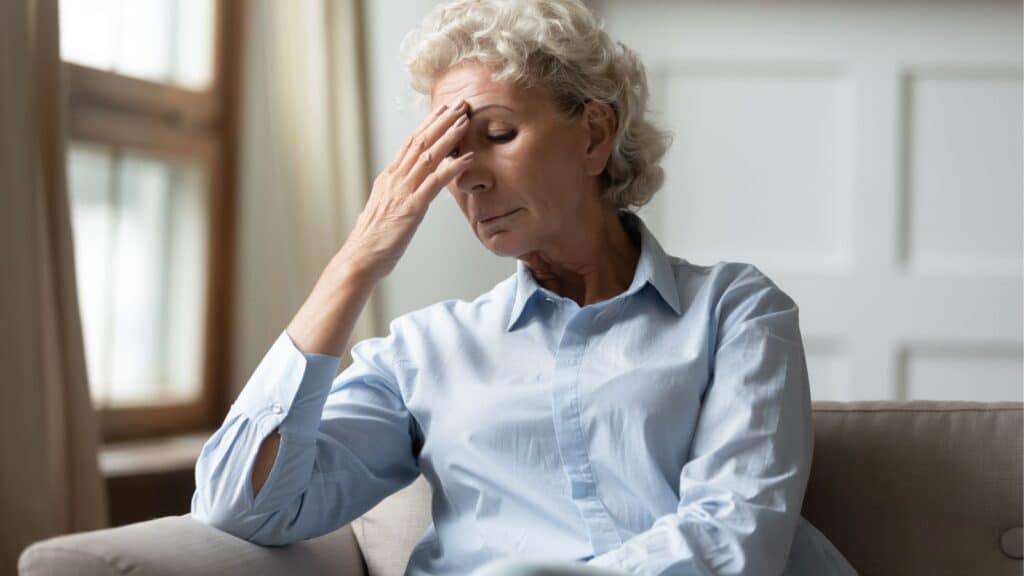
It’s easy enough to brush mental health under the rug, especially when you get older. You might just think feeling blue or wound up is a part of “getting older,” but it’s not. The hard part is that not everyone feels comfortable reaching out for help because they’re worried about what people might think. You have to find someone to talk to and deal with all the emotional ups and downs of getting old.
The Effect on Families
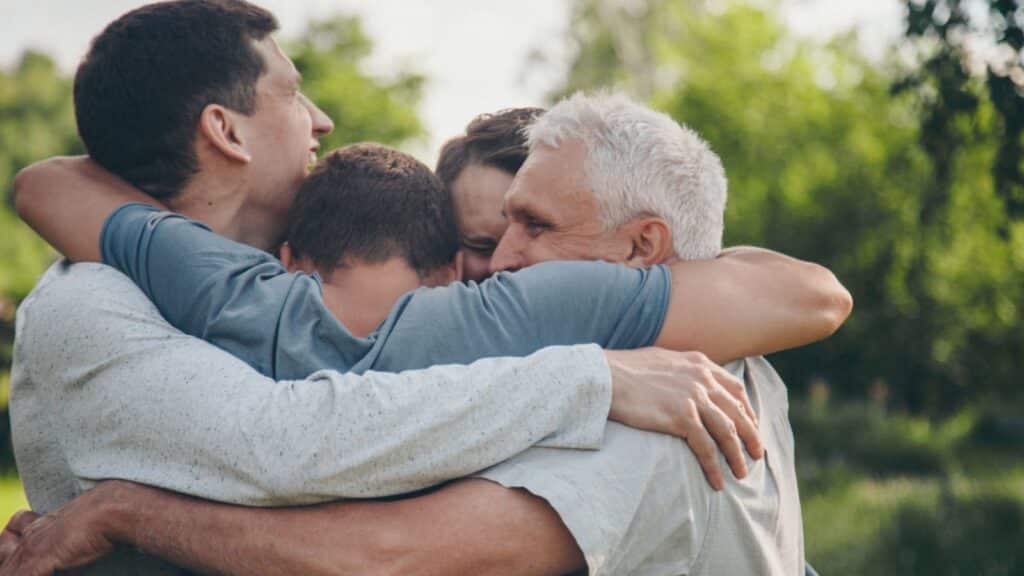
Families are like puzzles, and as you age, the pieces can start to fit together differently. You might be the one getting help now or the one stepping up to support others. Either way, it’s important to stay open and talk things through with those around you. Life is never smooth sailing, but you can find a way to make it work for everyone.
More Medication

It can be a real hassle to take a bunch of different medications when you get older. Not only do you have to deal with the risks of side effects, but you also have the cost and effort of managing all these medications. It’s pretty overwhelming! The best advice we can give is to review them carefully with a doctor to sort out what you really need.
Aging With Disabilities

Many older adults have disabilities, including physical impairments and mental health conditions. These “invisible disabilities” can affect their ability to age well and make simple tasks overwhelming. Research shows that people living with “invisible diseases” are more likely to face physical health issues like diabetes and cardiovascular disease.
19 Grim Realities of Dating After 50 That Are Often Overlooked
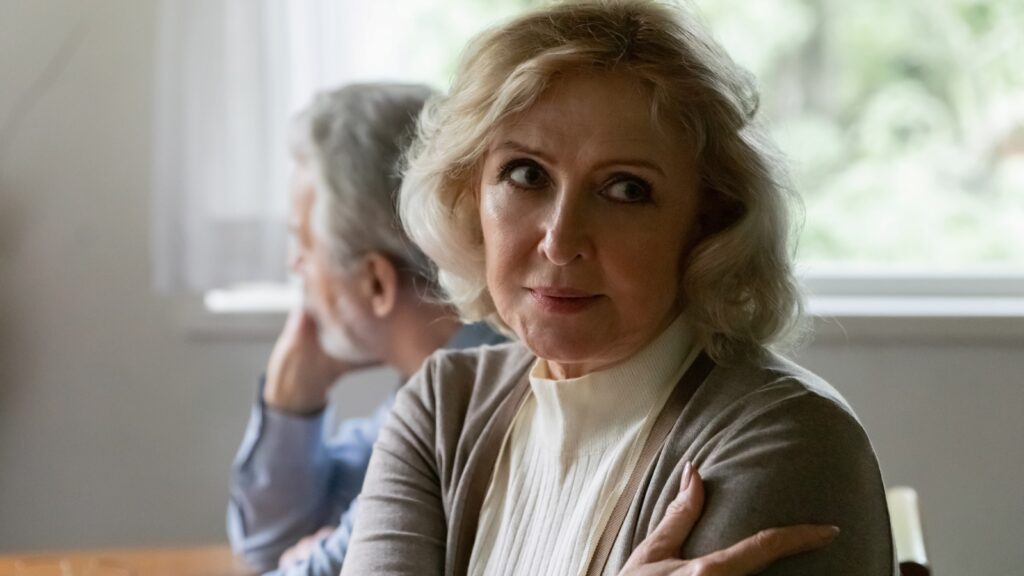
19 Grim Realities of Dating After 50 That Are Often Overlooked
26 Things That Will Be Extinct Because Millennials Refuse to Buy Them

26 Things That Will Be Extinct Because Millennials Refuse to Buy Them
24 Outdated Slang Terms You Absolutely Shouldn’t Be Using Anymore

24 Outdated Slang Terms You Absolutely Shouldn’t Be Using Anymore


